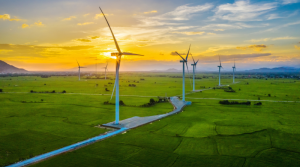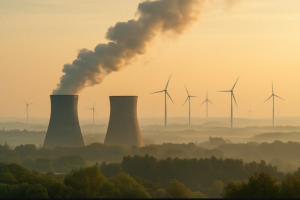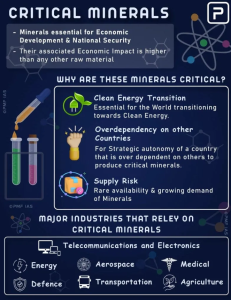
The ‘Age of Economic Warfare’ Comes for the Energy Transition
China has escalated its economic leverage over the clean energy transition by imposing new export restrictions on advanced battery and lithium extraction technologies. Moving beyond earlier curbs on raw materials, Beijing now controls next-generation lithium-iron phosphate (LFP) cathode materials and direct lithium extraction (DLE) tech—critical for cheaper, high-performance EVs and faster lithium production. These measures aim to maintain China’s dominance in the battery supply chain, slow foreign competition, and strengthen domestic manufacturing. While mirroring U.S. tactics in semiconductors, China’s focus is industrial rather than military, leaving the U.S. at risk of ceding future leadership in EV and battery innovation.










